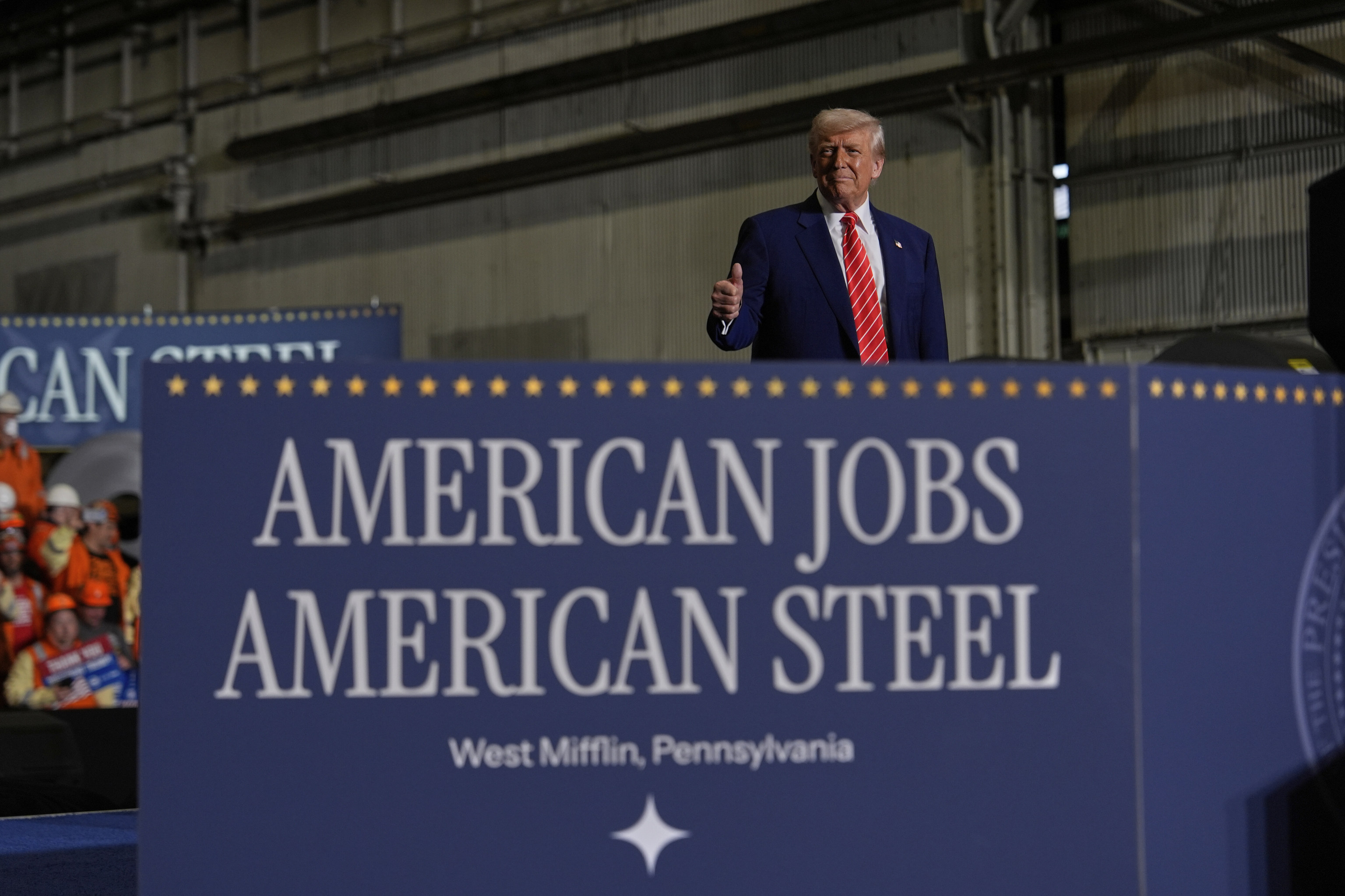Not a day without announcements, surprises, disputes, and changes of opinion. The President of the United States has announced today, 48 hours after a specialized federal trade court overturned the majority of his tariffs, that he will double steel and aluminum tariffs up to 50% on imports. Although the decision of those judges has been appealed, and there are temporary measures to suspend it, meaning that formally the tariffs will remain active for at least a few more weeks before the appeals court rules on it, the message sent has been a warning to the administration.
The decision did not come after a deep cost-benefit analysis, calculating the potential impact on the economy in general and the industry in particular. The President and his team improvised on the spot and boasted about it. "I asked the group: 'Would you prefer a 40% increase?' Because I was thinking about 40% when I arrived, but then I said, 'Would you prefer 40% or 50%?' They said, 'Well, 50%!'. So, congratulations!" he openly stated.
To impose these so-called reciprocal tariffs, which currently amount to a 10% surcharge on all products entering the US, at least until July, Trump invoked a 1977 law on economic emergencies that has never been used for this purpose. The International Trade Court panel argues that the President exceeded his powers, that tariff competencies belong to Congress, and that if he wanted to change trade policy, he should have done so through congressmen and senators.
The same goes for tariffs on China, Mexico, or Canada under the pretext of fighting fentanyl. The panel ruled that it was not a valid decision because taxing a sofa, a tomato, or a pair of pants has nothing to do with stopping the entry of narcotics. However, that tribunal, like other lower courts, has not addressed sectoral tariffs, which have been applied using other legal provisions. Aluminum, steel, as well as cars and their components, are exempt and have not been suspended. This is why the President, angered, has decided to emphasize this, stating that there were companies that were managing to evade the 25% tariffs or avoid the consequences, but "they won't be able to do so with the 50%."
At a rally in Pittsburgh, at the main US Steel plant, a legendary company whose sale (with many conditions and a golden share) is about to be authorized to the Japanese Nippon Steel, Trump sought to appease workers in the sector, concerned about their jobs and massively supportive of the tariffs. During the campaign, he promised them that he would not allow the sale. "There will be no layoffs or outsourcing, and all US Steel workers will soon receive a well-deserved $5,000 bonus," he told them.
Trump also announced that Nippon will invest $2.2 billion in the Mon Valley plant of U.S. Steel, on the outskirts of Pittsburgh, and $7 billion in upgrading operations in Indiana, Alabama, Arkansas, and Minnesota. According to the agreement, the company's blast furnaces will operate for the next 10 years, and workers will receive a $5,000 bonus.
